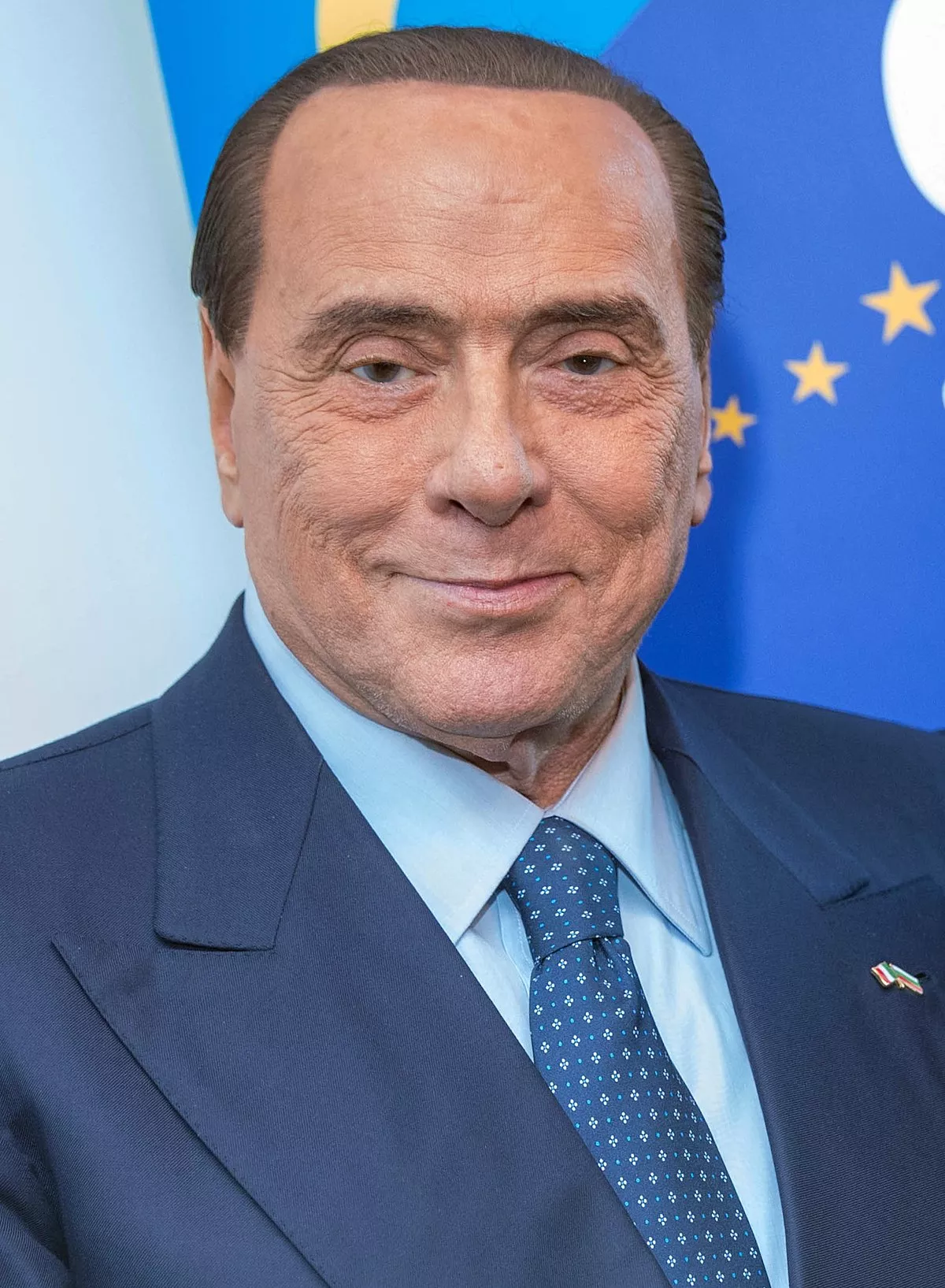 1.
1. Silvio Berlusconi was a member of the Chamber of Deputies from 1994 to 2013; a member of the Senate of the Republic from 2022 until his death in 2023, and previously from March to November 2013; and a member of the European Parliament from 2019 to 2022, and previously from 1999 to 2001.